Mortgage Renewal
Learn how mortgage renewal works in Canada, when to start the process, and how to negotiate the best terms to save on interest and payments.

May 22, 2025
What is Mortgage Renewal?
Mortgage renewal is the process of extending or renegotiating the terms of an existing mortgage once the original term has expired, typically every one to five years.
Why Mortgage Renewal Matters in Real Estate
In Canada, most mortgages have amortization periods of 25 to 30 years but are broken into shorter terms (e.g., five years). When the term ends, the borrower must renew the mortgage for a new term at current rates and conditions.Renewal options include:
- Accepting the lender’s renewal offer
- Negotiating a better rate or terms
- Switching to a new lender
Lenders are required to send renewal notices at least 21 days before the term expires, but proactive research often yields better results.
Understanding mortgage renewal empowers homeowners to make informed choices, potentially saving thousands over the mortgage’s lifetime.
Example of a Mortgage Renewal
A homeowner’s five-year term expires. They negotiate a lower interest rate with their lender and renew for another five years, reducing their monthly payments.
Key Takeaways
- Occurs at end of a mortgage term.
- Opportunity to renegotiate rates and terms.
- Can switch lenders or stay with current one.
- Planning ahead often secures better deals.
- Affects long-term borrowing costs.
Related Terms
- Mortgage Term
- Fixed Rate Mortgage
- Variable Rate Mortgage
- Refinance
- Interest Rate


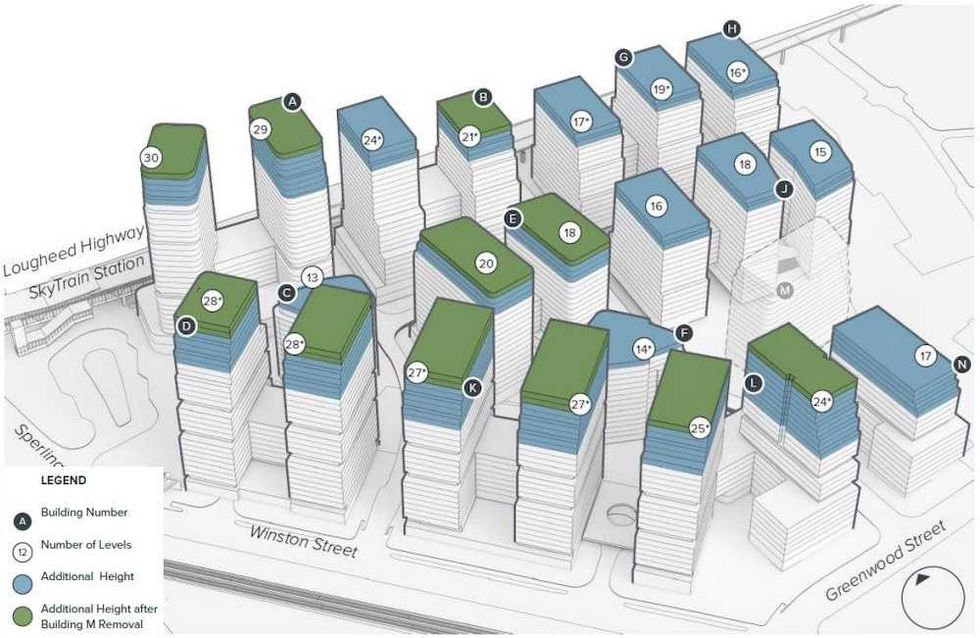 Building height changes from the previous master plan apllcation. (Peterson)
Building height changes from the previous master plan apllcation. (Peterson)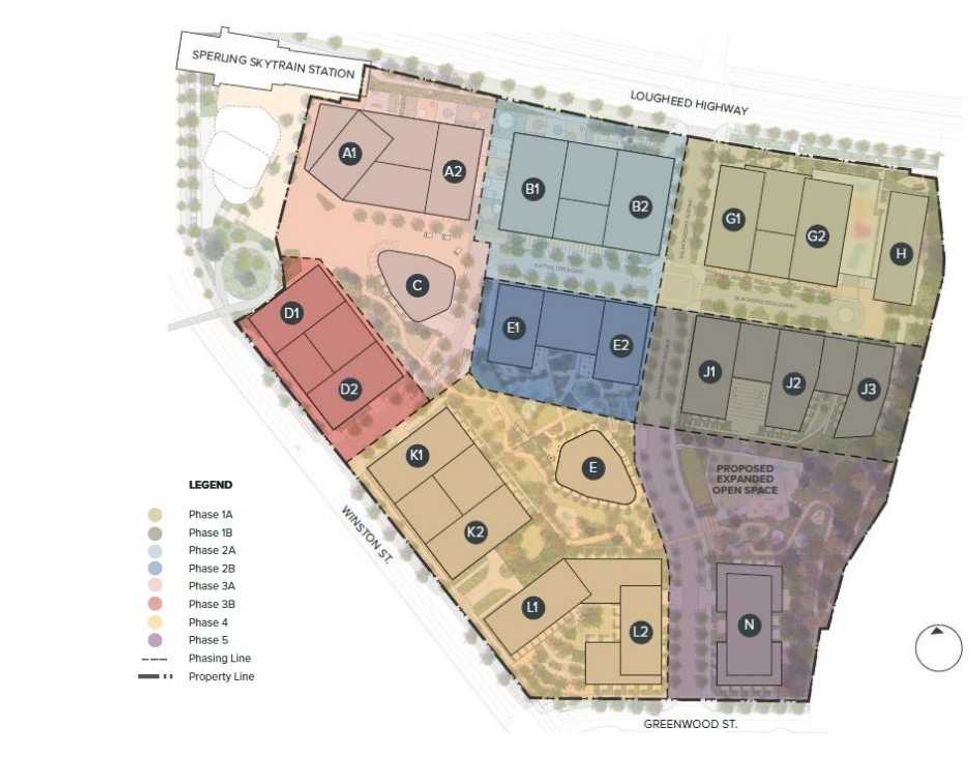 An overview of Blake Village and the phasing plan. (Peterson)
An overview of Blake Village and the phasing plan. (Peterson)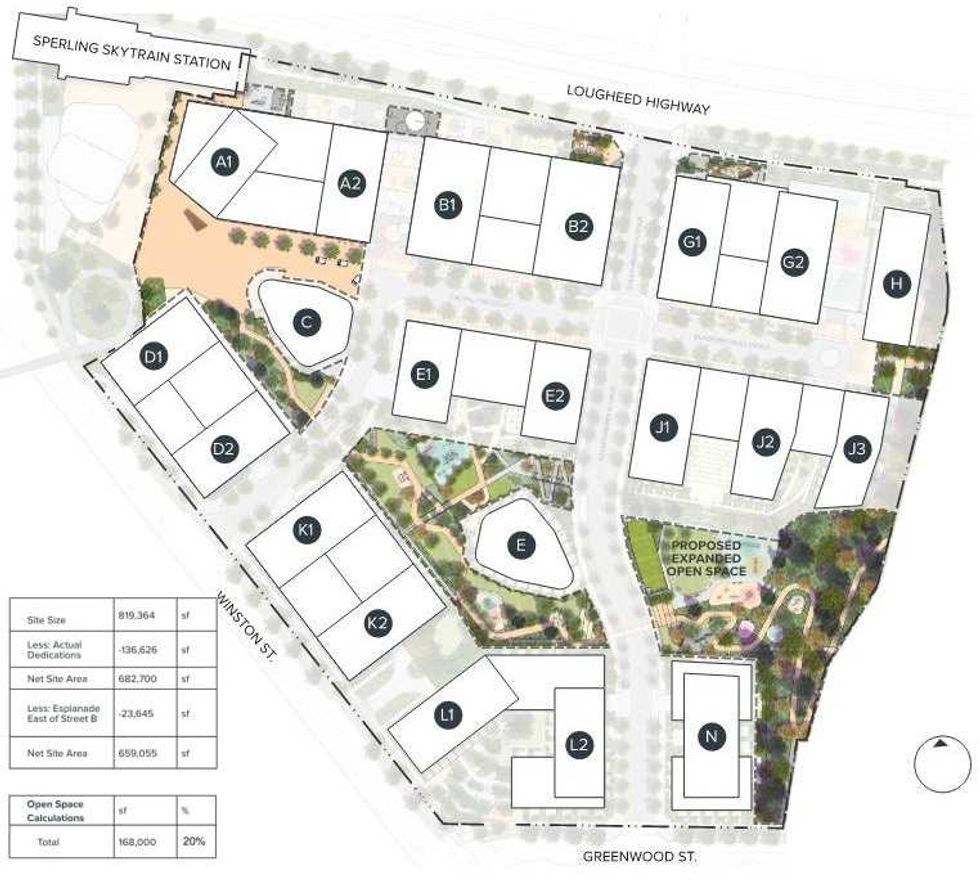 An overview of Blake Village and planned open space. (Peterson)
An overview of Blake Village and planned open space. (Peterson)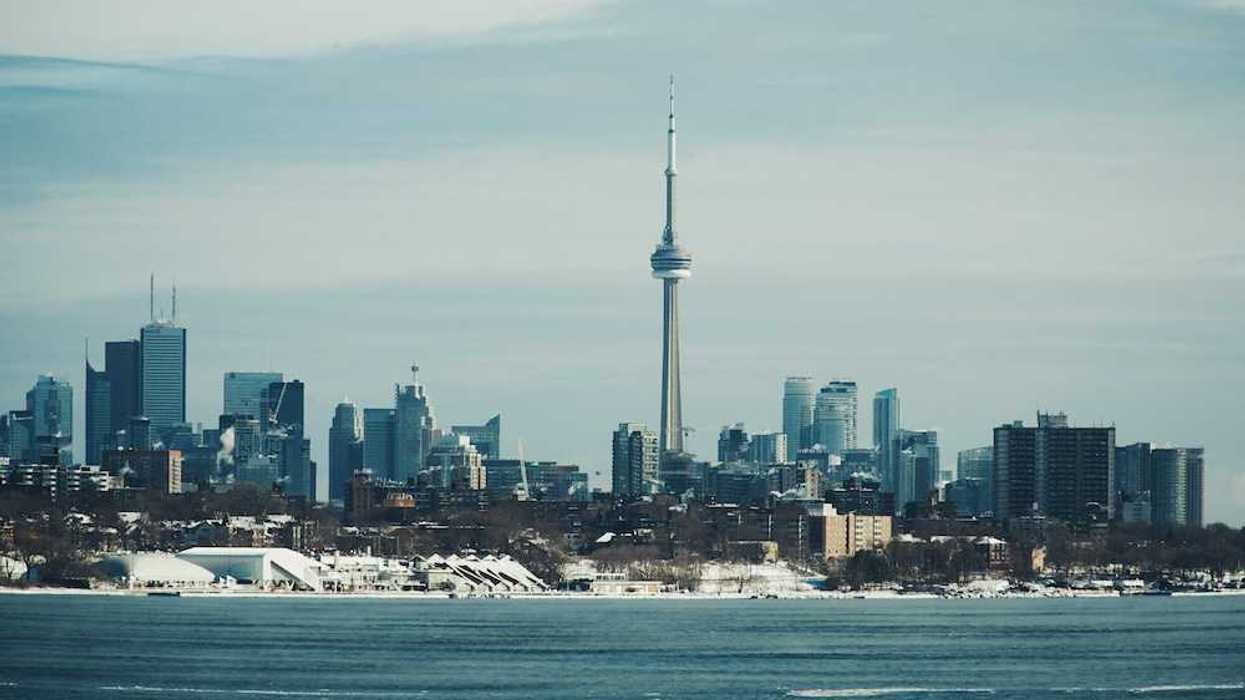

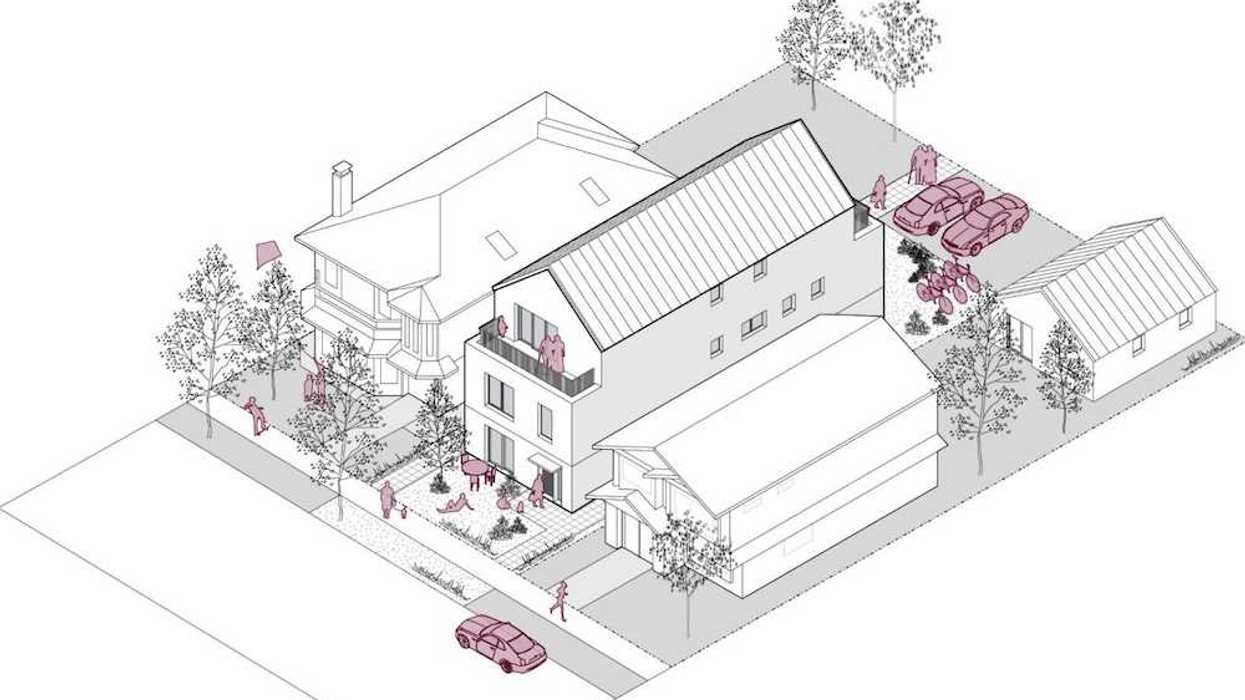


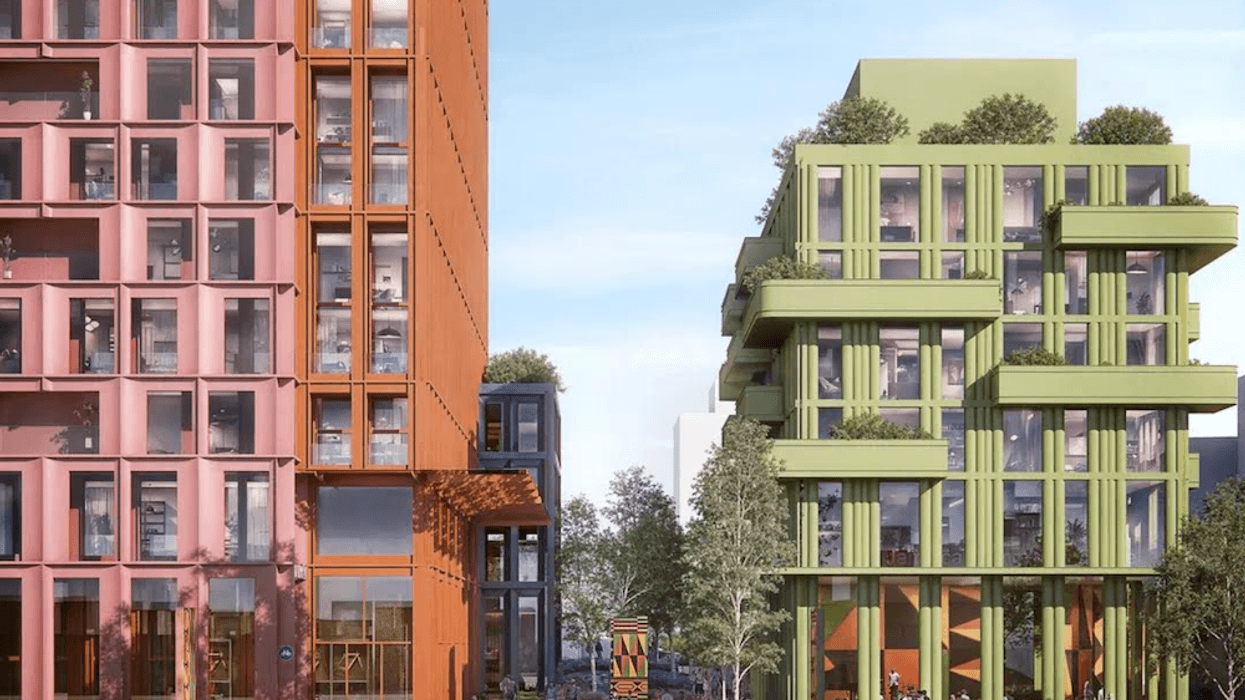



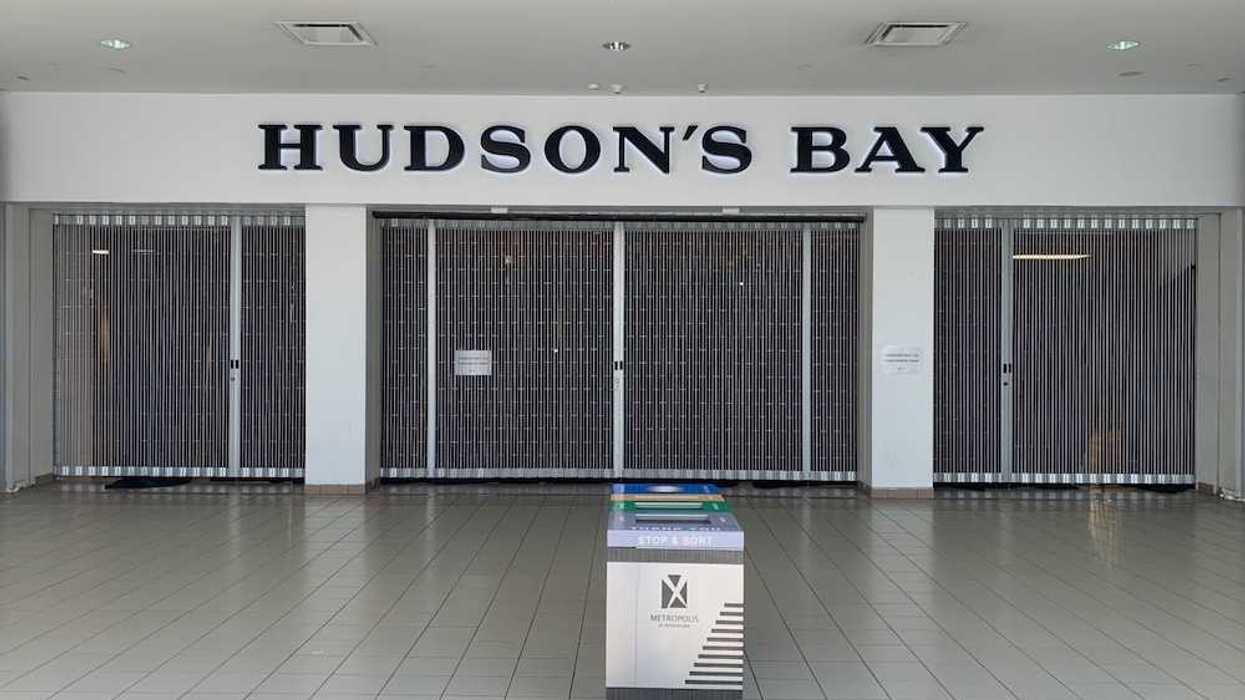
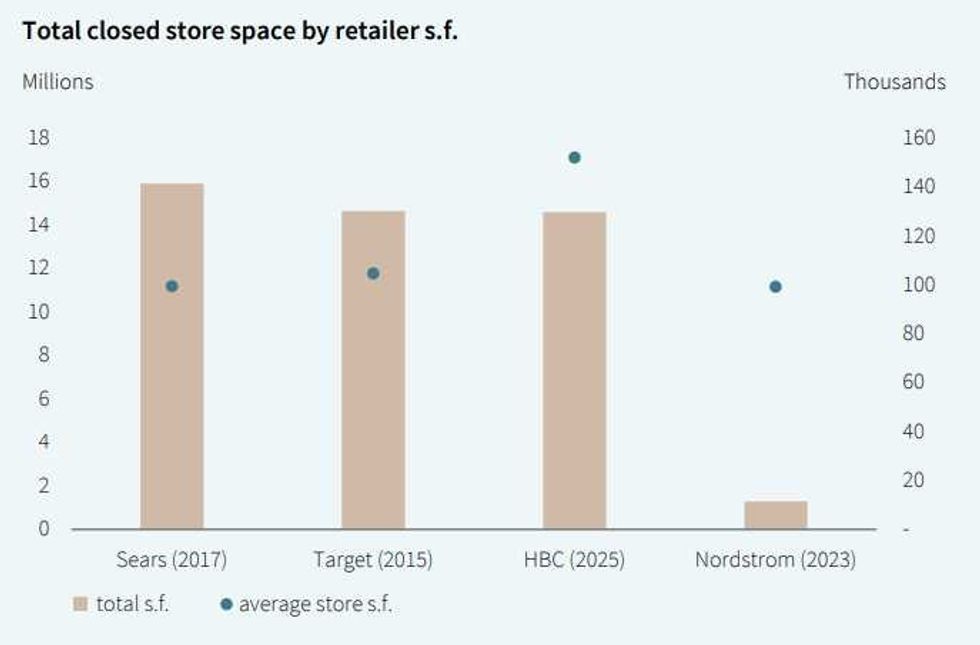 Hudson’s Bay vacated about as much space as Target did in 2015. (JLL)
Hudson’s Bay vacated about as much space as Target did in 2015. (JLL)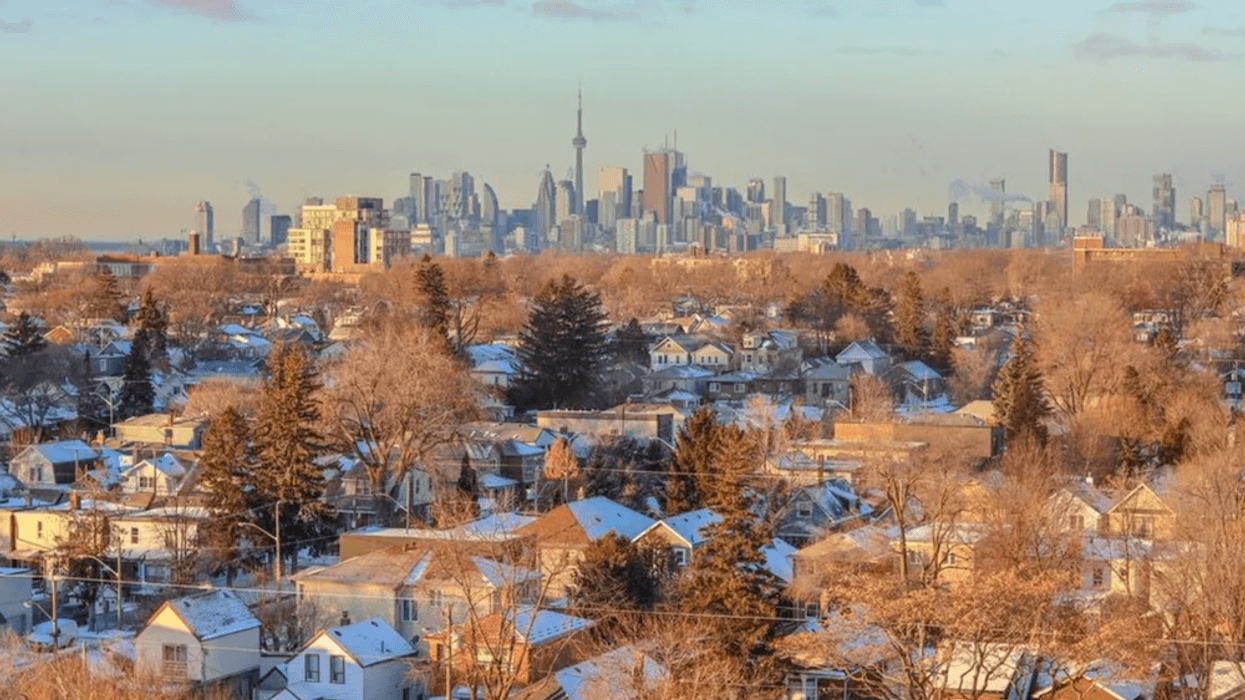

 A rendering of Frame in East Vancouver. (Peterson)
A rendering of Frame in East Vancouver. (Peterson) The Tesla facility set for 908 Raymur Avenue in Vancouver. (Beedie)
The Tesla facility set for 908 Raymur Avenue in Vancouver. (Beedie) Phase One of Sen̓áḵw in Summer 2025. (OPTrust, Nch’ḵay̓)
Phase One of Sen̓áḵw in Summer 2025. (OPTrust, Nch’ḵay̓) (QuadReal Property Group, Westbank)
(QuadReal Property Group, Westbank) The two-tower Cascades project under construction in mid-2025. (Ledcor)
The two-tower Cascades project under construction in mid-2025. (Ledcor) A rendering of Perla near Central Park. (Polygon Homes)
A rendering of Perla near Central Park. (Polygon Homes) Phase One of Concord Metrotown is located at the corner of Kingsway and Nelson Avenue in Burnaby. (Concord Pacific)
Phase One of Concord Metrotown is located at the corner of Kingsway and Nelson Avenue in Burnaby. (Concord Pacific) Myriad will complete Concert Properties’ Heart of Burquitlam community. (Concert Properties)
Myriad will complete Concert Properties’ Heart of Burquitlam community. (Concert Properties) SOCO 2 (left) in Coquitlam. (Drew Powell, LinkedIn)
SOCO 2 (left) in Coquitlam. (Drew Powell, LinkedIn) King George Hub in Surrey. (Submitted by PCI Developments)
King George Hub in Surrey. (Submitted by PCI Developments)